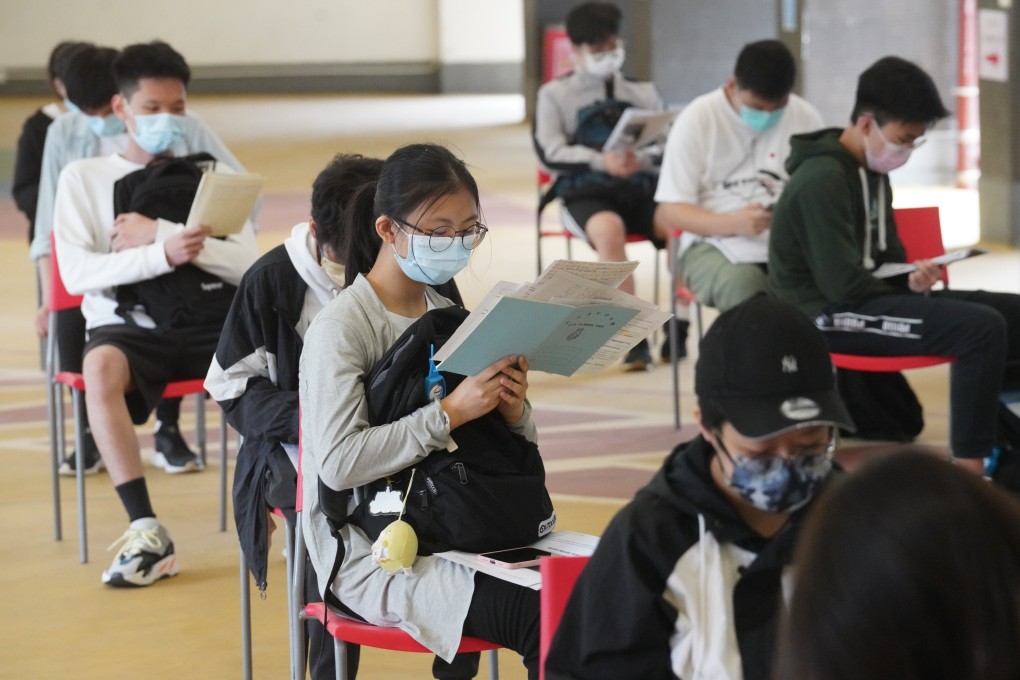Letters | Hong Kong must do more to retain native English teachers
- Readers discuss the increasing number of teachers leaving the NET scheme, how Hong Kong’s new chief executive can achieve his vision, and the continuing importance of the UN’s Sustainable Development Goals

Earlier this year, it was reported that the exit rate of native English teachers (NETs) for Hong Kong secondary schools in the last academic year had reached 13 per cent, the highest level in eight years.
I completed an analysis of the 2021-22 academic year, and my research indicates that this academic year’s attrition will be even higher, ranging from 18 per cent to 20 per cent for primary and secondary schools respectively.
I looked at the current number of published job ads for NETs and compared them historically for the past few years. My records indicate that published vacancies are up 35 per cent year on year, and that more than 30 per cent of all eligible schools are currently looking for a NET.
Based on historical data from the Education Bureau, which I used to track the attrition rate over the years, combined with the published job vacancies, I expect the number leaving the NET scheme this year to increase by about 60 per cent.
I agree with secretary for education Kevin Yeung Yun-hung, who commented that teachers deciding whether to join the NET scheme may have “personal considerations”, but that fails to address the cause of NETs leaving.